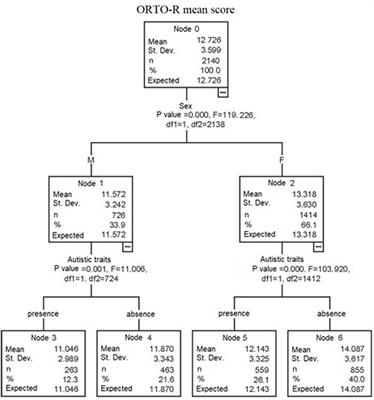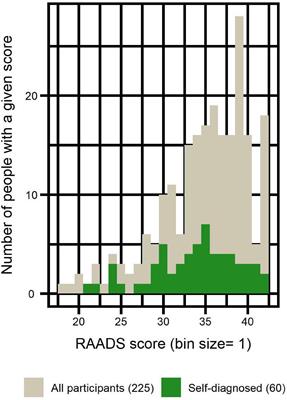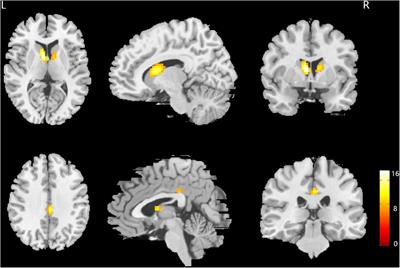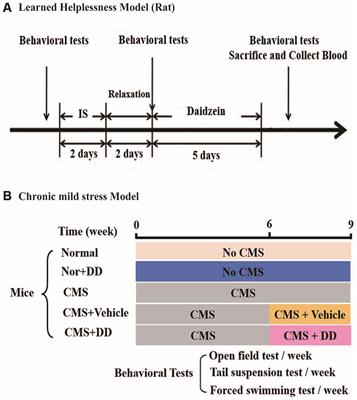ORIGINAL RESEARCH
Published on 14 Jul 2022
Investigating Orthorexia Nervosa With the ORTO-R in a Sample of University Students With or Without Subthreshold Autism Spectrum: Focus on Dietary Habits and Gender Differences
doi 10.3389/fpsyt.2022.900880
- 2,448 views
- 12 citations




